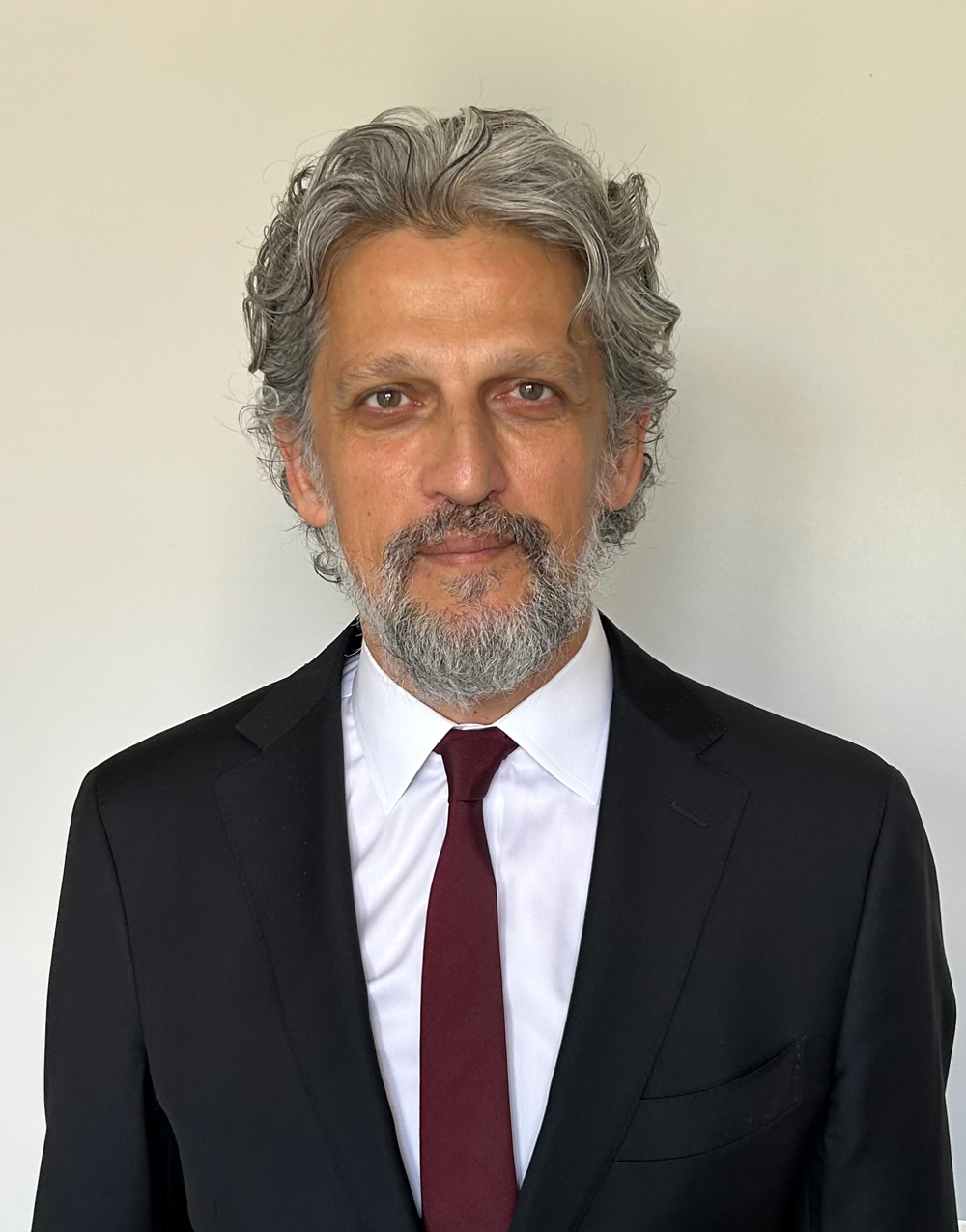Washington and New Delhi should be proud of their putative deal. But international politics isn’t the domain of unicorns and leprechauns, and collateral damage can’t simply be wished away.
Evan A. Feigenbaum
{
"authors": [],
"type": "pressRelease",
"centerAffiliationAll": "",
"centers": [
"Carnegie Endowment for International Peace"
],
"collections": [],
"englishNewsletterAll": "",
"nonEnglishNewsletterAll": "",
"primaryCenter": "Carnegie Endowment for International Peace",
"programAffiliation": "",
"programs": [],
"projects": [],
"regions": [
"South America",
"North America"
],
"topics": [
"Economy"
]
}
REQUIRED IMAGE
The global financial crisis was a result of failures in both the market and state—markets created financial turmoil and regulatory agencies failed to detect risks and correct imbalances. As Latin American countries emerge from the crisis, both the market and state are needed to ensure sustainable growth.
WASHINGTON, Nov 11—The global financial crisis was a result of failures in both the market and state—markets created financial turmoil and regulatory agencies failed to detect risks and correct imbalances. As Latin American countries emerge from the crisis, both the market and state are needed to ensure sustainable growth, says a new paper by Alejandro Foxley, former foreign and finance minister of Chile.
Analyzing the successes and mistakes of economic policies over the past twenty years, Foxley makes recommendations for Latin America to achieve development that creates fewer inequalities and increases the capacity for innovation.
Recommendations
“As they emerge from the most recent crisis, Latin American economies need both—more market and more state. More market will enable them to exploit new opportunities through bilateral or multilateral trade agreements, and expand public-private partnerships,” writes Foxley. “A more intelligent state, acting as a catalyst for development, could encourage creativity and foster entrepreneurship.”
###
NOTES
Carnegie does not take institutional positions on public policy issues; the views represented herein are those of the author(s) and do not necessarily reflect the views of Carnegie, its staff, or its trustees.
Washington and New Delhi should be proud of their putative deal. But international politics isn’t the domain of unicorns and leprechauns, and collateral damage can’t simply be wished away.

Evan A. Feigenbaum
Senior climate, finance, and mobility experts discuss how the Fund for Responding to Loss and Damage could unlock financing for climate mobility.

Alejandro Martin Rodriguez
The EU lacks leadership and strategic planning in the South Caucasus, while the United States is leading the charge. To secure its geopolitical interests, Brussels must invest in new connectivity for the region.

Zaur Shiriyev
An Armenia-Azerbaijan settlement may be the only realistic test case for making glossy promises a reality.

Garo Paylan
Venezuelans deserve to participate in collective decisionmaking and determine their own futures.

Jennifer McCoy